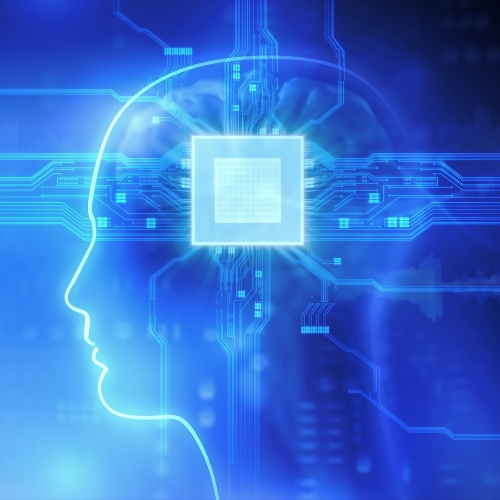Key points from article :
Spanish neurotechnology company Inbrain Neuroelectronics has announced a partnership with Microsoft to accelerate the development of its graphene-based brain-computer interface (BCI) technology using Microsoft’s Azure AI infrastructure. The collaboration aims to create intelligent neural systems that can not only record and stimulate brain activity but also learn and adapt to each patient’s unique neural patterns in real time.
Inbrain’s BCIs are built using graphene, a one-atom-thick form of carbon renowned for its flexibility, durability, and exceptional conductivity. The material enables ultra-thin, biocompatible implants—just 10 micrometers thick, thinner than a human hair—that conform closely to the brain’s surface. These implants can decode and modulate neural signals with high precision, potentially improving therapies for Parkinson’s disease, epilepsy, and stroke recovery.
By integrating Microsoft’s advanced time-series large language models and AI analytics, the system can process neural data more efficiently and personalize stimulation patterns over time. The goal, according to Inbrain CEO Carolina Aguilar, is to move beyond decoding or modulation to create a “body operating system” capable of truly understanding and responding to neural activity in real time.
The Barcelona-based company, which earned FDA breakthrough device designation for its Intelligent Network Modulation System in 2023, is already testing the technology in humans. Early clinical results from four participants showed no device-related adverse events, an encouraging step toward proving both safety and feasibility.






